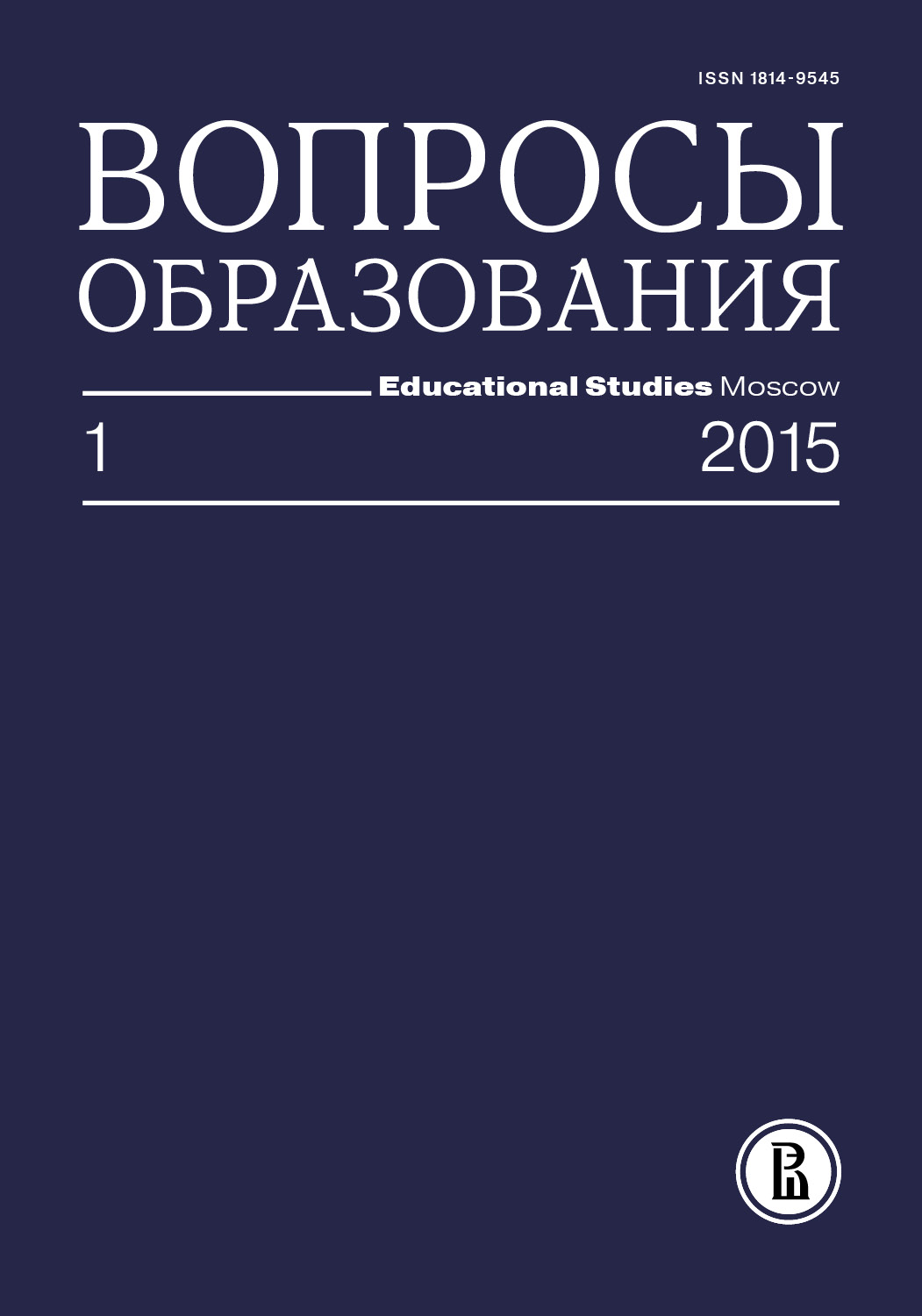Международная аккредитация: насколько достижима цель?
Аннотация
С нарастанием интернационализации высшего образования, с резким увеличением численности студентов, преподавателей, исследователей, которые учатся и работают за пределами своей страны, возникает настоятельная необходимость в выработке глобальных стандартов, на основании которых можно было бы контролировать качество образования. Автор считает, что наиболее эффективным средством контроля качества в системе высшего образования является добровольная аккредитация образовательных учреждений — периодическая внутренняя инспекция, результаты которой подтверждаются внешними организациями. Обсуждаются потенциальные преимущества международной аккредитации учреждений высшего образования, которая могла бы стимулировать и облегчить сотрудничество между аккредитованными университетами из разных стран. Процесс и результаты проведения аккредитации сопоставляются с практикой рейтингования вузов, которая рассматривается как коммерческая экспертиза, основанная на субъективном мнении оценщиков и не измеряющая реальное качество образования.








